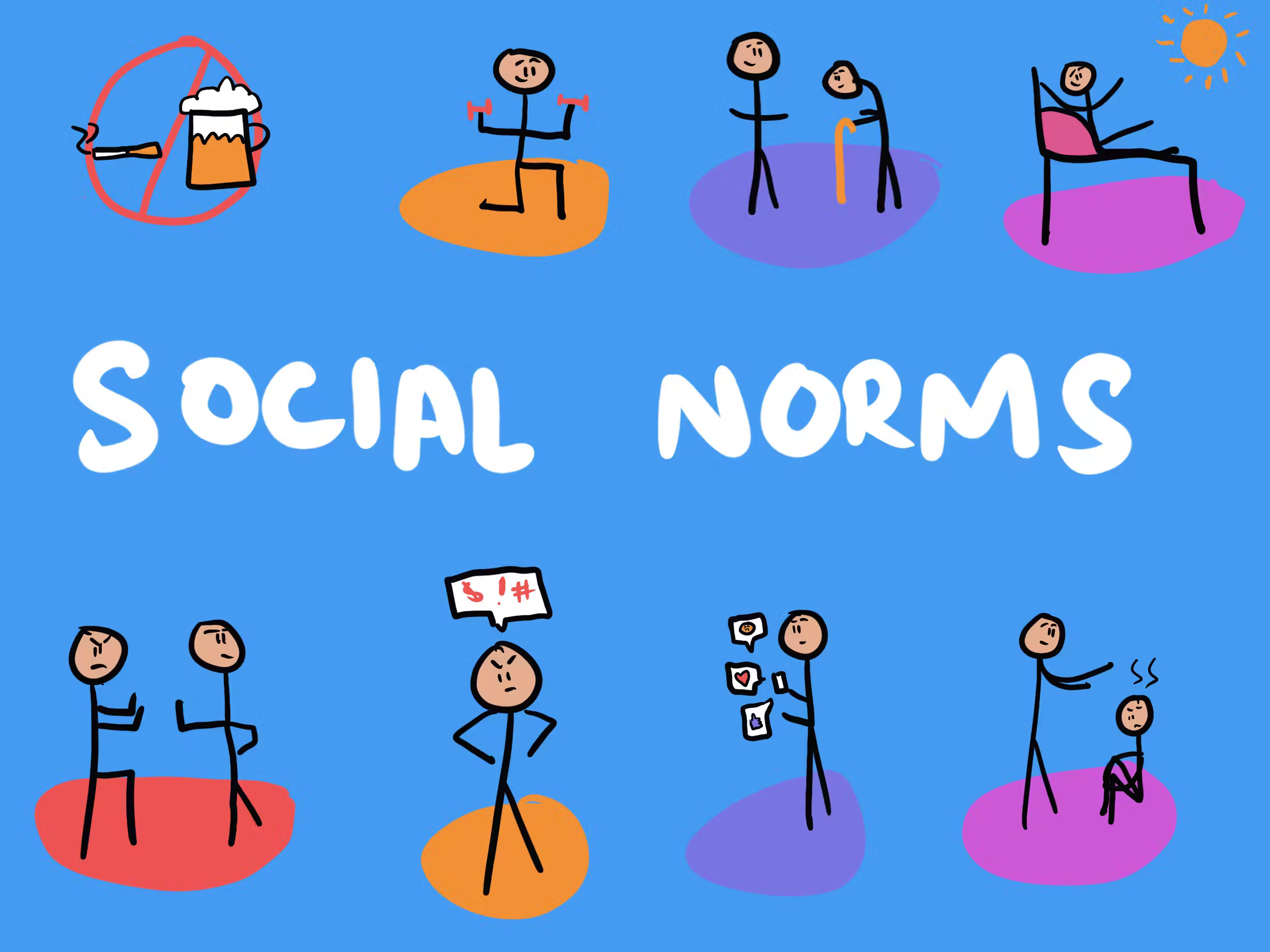vacationhavenhome.com – When exploring a new destination, understanding the social norms and values of the local culture is essential for fostering meaningful connections, showing respect, and avoiding misunderstandings. Social norms and values often serve as the foundation of a society, reflecting its history, traditions, and collective identity. Below are key cultural insights related to social norms and values to guide travelers.
1. Attitudes Toward Time
Time management and punctuality vary widely across cultures. In some countries, such as Germany or Switzerland, punctuality is highly valued, and being late is often seen as disrespectful. Conversely, in many parts of Latin America, the Middle East, or Africa, time is viewed more flexibly, with social interactions taking precedence over strict schedules. Travelers should research and adapt to the local approach to time to avoid unintended offense.
2. Gender Roles and Equality
Attitudes toward gender roles and equality differ significantly between cultures. In Scandinavian countries, gender equality is deeply ingrained, and behaviors like splitting bills are common. In contrast, in more traditional societies, such as parts of the Middle East or South Asia, distinct gender roles may still shape interactions. Travelers should be mindful of local expectations regarding dress, behavior, and communication when engaging with people of different genders.
3. Respect for Elders
Many cultures emphasize respect for elders as a core value. In countries like Japan, Korea, or China, showing deference to older individuals through language, gestures (like bowing), or offering them precedence is customary. Travelers should observe how locals interact with elders and mirror these respectful behaviors when possible.
4. Personal Space and Physical Contact
Cultural norms around personal space and physical contact vary globally. For example, in Northern European countries, maintaining a wider personal space is customary, and physical contact, such as hugging or touching, is limited to close relationships. In contrast, cultures in Southern Europe, Latin America, and the Middle East are often more tactile, with gestures like kissing cheeks or warm embraces being common among friends and acquaintances. Understanding these norms can help travelers navigate social interactions more comfortably.
5. Communication Styles
Communication can be direct or indirect, depending on the culture. In countries like the United States, Germany, or the Netherlands, directness is valued, and people tend to express opinions openly. Conversely, in cultures such as Japan, Thailand, or Indonesia, indirect communication is more common, with subtle cues, context, and nonverbal gestures playing a significant role. Being attuned to these differences can help travelers interpret conversations more accurately.
6. Hospitality and Gift-Giving
Hospitality is a cherished value in many cultures. In the Middle East, for example, hosting guests is a point of pride, and visitors are often offered generous meals and refreshments. In Japan, gift-giving is a deeply ingrained tradition, with great attention paid to the presentation and meaning of the gift. Travelers can show gratitude and respect by learning the appropriate ways to accept hospitality or give gifts in the local context.
7. Family and Community Values
In many parts of the world, family and community are central to social life. In Mediterranean, African, and Asian cultures, family bonds often take precedence over individual pursuits. Extended family members may live together or frequently gather for meals and celebrations. Travelers should respect these dynamics and avoid making assumptions based on their own cultural norms of individualism.
8. Attitudes Toward Hierarchy
Hierarchical structures influence interactions in many societies. In countries like India, Thailand, or Japan, status and rank often dictate behavior, with deference shown to those in positions of authority. This might involve using formal titles, refraining from interrupting, or showing extra politeness to superiors. Travelers should observe and follow these customs in professional and social settings.
9. Taboos and Sensitive Topics
Every culture has topics that are considered sensitive or taboo in conversation. For instance, discussing politics or religion may be frowned upon in certain countries, while in others, it might be a normal part of discourse. In some cultures, asking about someone’s age, salary, or marital status might be intrusive. Travelers should familiarize themselves with these cultural sensitivities to avoid unintentionally offending locals.
10. Expressions of Gratitude
How gratitude is expressed can also vary. In some cultures, verbal thanks are sufficient, while in others, actions carry more weight. For instance, in China, a simple bow might convey appreciation better than effusive words. Travelers should pay attention to local customs for expressing gratitude, whether through words, gestures, or small tokens.
Conclusion
Understanding and respecting social norms and values is an integral part of cultural immersion and responsible travel. By observing local customs, asking respectful questions, and adapting to the cultural context, travelers can build stronger connections and contribute to mutual understanding. A little effort to learn about these norms goes a long way in ensuring a respectful and enriching travel experience.





